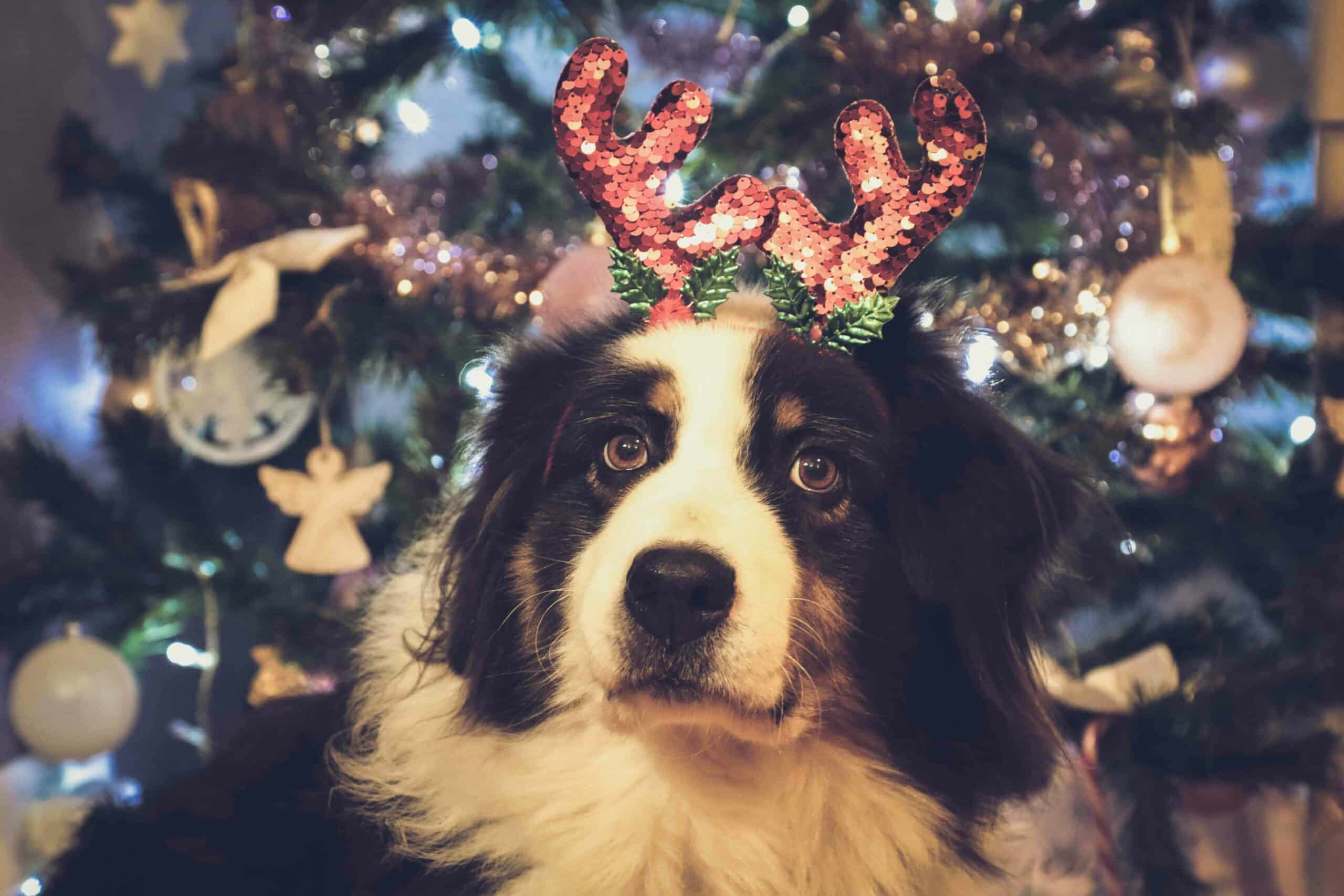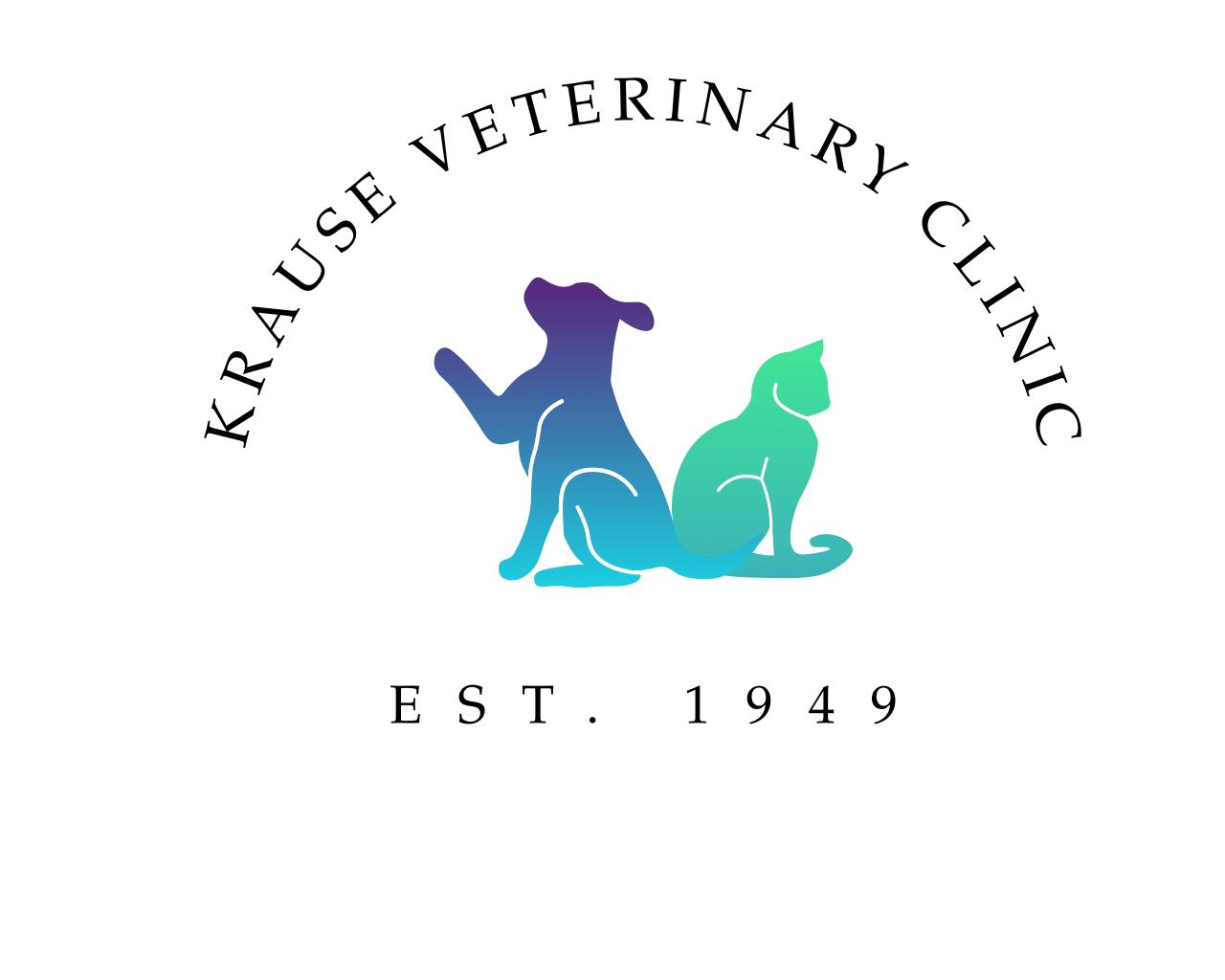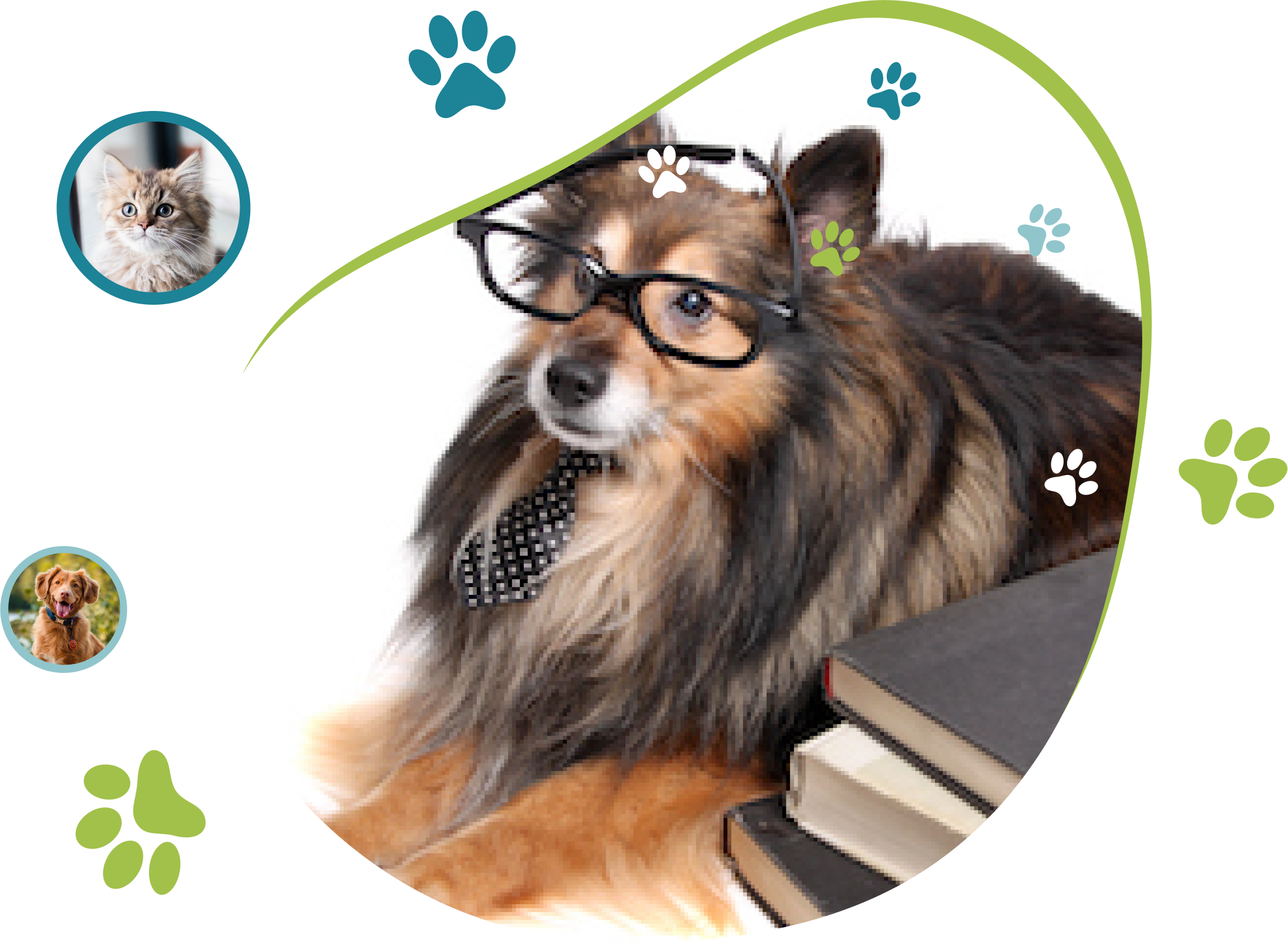The holidays are full of sparkle, laughter, travel, and to-do…

The Busy Holiday Season: Making Time for Your Pets
READ MORE

Taking Care of Your Feline: How Regular Veterinary Visits Can Improve Your Cat’s Life
Your cat may not be able to speak, but they’re…
READ MORE

Curiosity Sparks Danger: How Pets Start Fires and What You Can Do To Prevent Them
Did you know that pets accidentally start nearly 1,000 house…
READ MORE

Is It a Hot Spot?
If your dog won’t stop licking, chewing, or scratching one…
READ MORE

Debunking Myths About Heartworm: What Every Pet Owner Should Know
Think heartworm is just a summertime issue? Or that your…
READ MORE

Pet Poison Prevention: Common Household Dangers & How to Keep Your Pet Safe
Pets are naturally curious, which can sometimes get them into…
READ MORE

